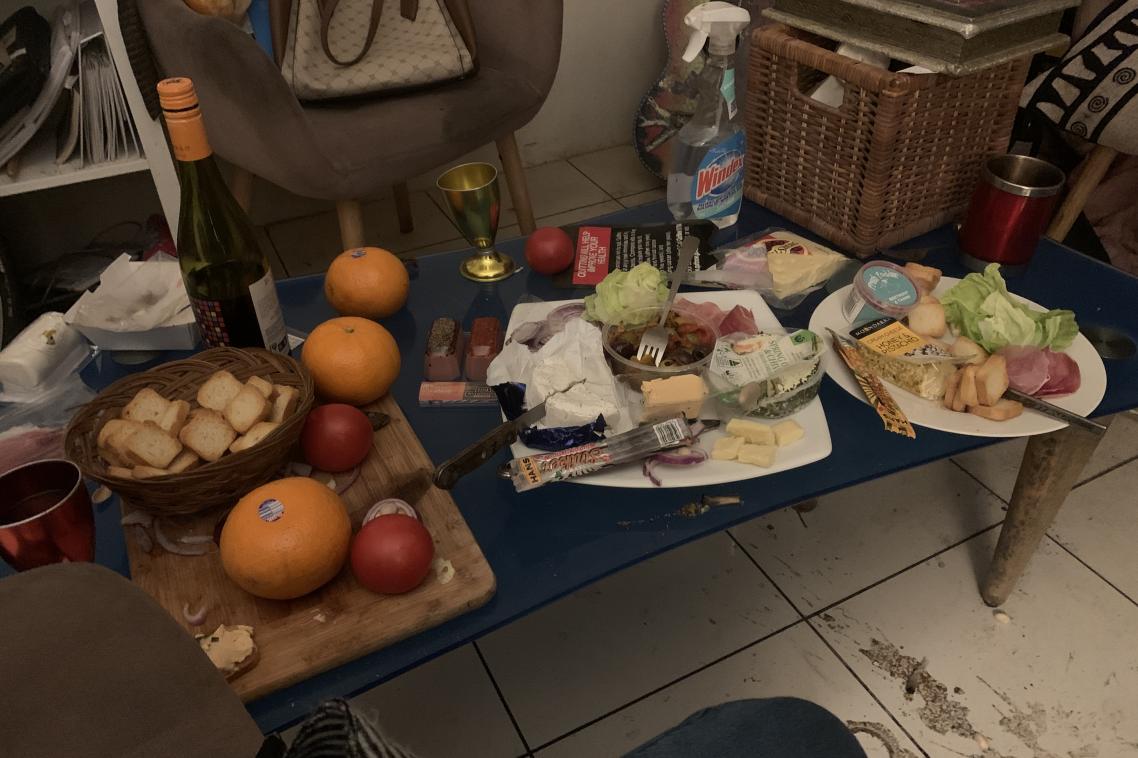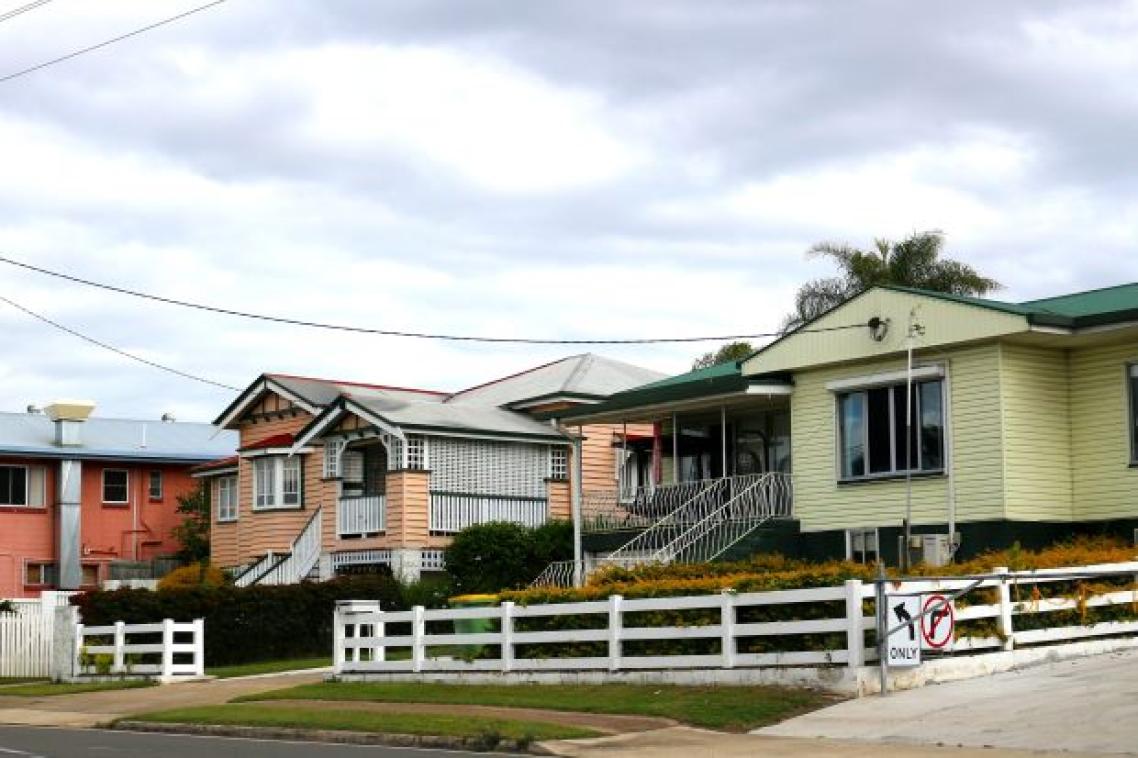Finding common ground on social housing

(Photo credit: dechevm / Adobe Stock. )
Homeowners, social housing residents and people who have experienced homelessness are being brought together to tackle one of Australia’s most pressing challenges: how to ensure public housing developments are accepted into neighbourhoods.
University of Queensland researcher Dr Stefanie Plage from the School of Social Science will explore perceptions of social housing and the kinds of care and support systems needed to establish trust and build thriving and inclusive communities.
“If you ask people, many agree we need more affordable housing but when it’s next door, support often fades instead of asking what would make it work for everyone,” Dr Plage said.
“The idea is to sit down with these 3 groups to talk openly about their concerns, what would build trust and what support is needed so housing developments feel welcome rather than imposed.”
Dr Plage said the project aimed to translate data into something that becomes actionable to take to policy makers and governments who approve social housing developments.
“What we are seeing in media or policy discourse is a lot of ‘us versus them’ mentality,” she said.
“The benefit of what I'm proposing to do is to create a community consultation process that takes everyone seriously and doesn't dismiss any concerns from the outset.”
The project builds on Dr Plage’s innovative use of photography to challenge stereotypes of homelessness.
She is the only social scientist in Australia integrating participant-produced photography into research on housing and health.
By asking people experiencing housing instability to use photographs to tell stories about health and what ‘home’ means to them, she has revealed the everyday acts of care, resilience and community that often go unseen.
Photographs of mealtimes illustrate this.
“Through participant photos of meals, we saw how people use food to create a sense of routine, joy or even celebration in the middle of really challenging circumstances,” Dr Plage said.
“Similarly, when we asked people to show us what ‘home’ meant to them it wasn’t about owning a house or even having a stable address.
"It was about feeling safe, being comfortable and having some sense of control over your space."
Health Home Hope: a photographic exhibition on housing and health.
All images used with permission.
"It’s funny she won’t go anywhere else. She just scratches that M off. So I’m wondering why." - Robert.

"A celebration of a new friendship. I wanted to warn her of a violent ex-partner. We spent 16 hours talking." - Elke.
"the beginning of my day, but what’s in store?" - Lenny.
"Broken heart and family: My heart’s been shattered. Things can be fixed with support and with love and with care. Anything can be fixed." - Karen.
Dr Plage has received a UQ Foundation Research Excellence Award (FREA) to progress her work and recognise her achievements and leadership potential as an early to mid-career researcher.
Media assets
An interview and b-roll is available in via Dropbox.
Click here for the full list of this year’s UQ Foundation Research Excellence Award winners.
Topics
Related articles

Holiday rental caps not the solution to housing crisis

'A perfect storm' - UQ experts have their say on the QLD housing crisis
Media contact
UQ Communications
communications@uq.edu.au
+61 429 056 139
